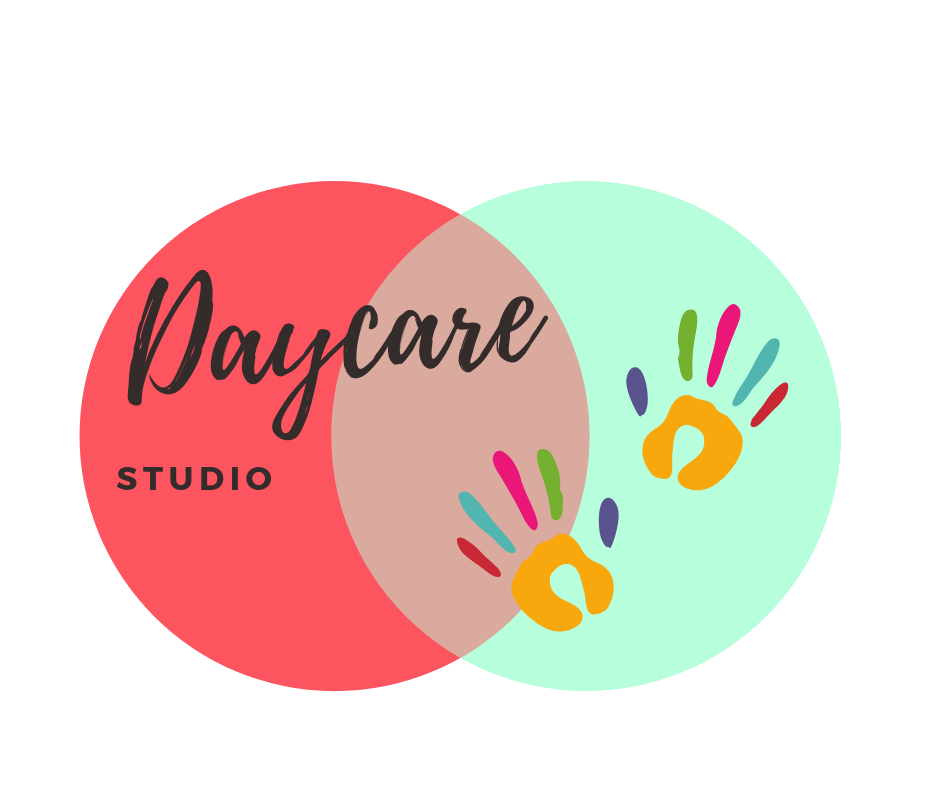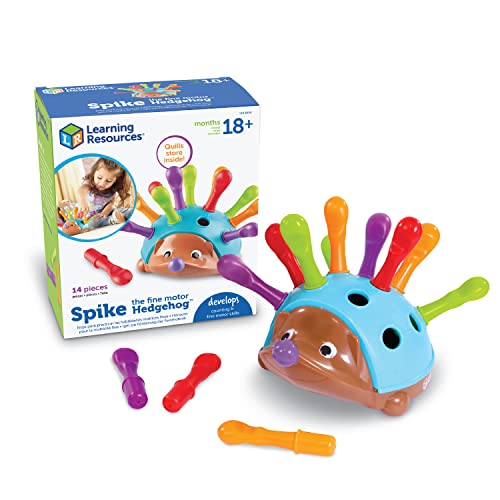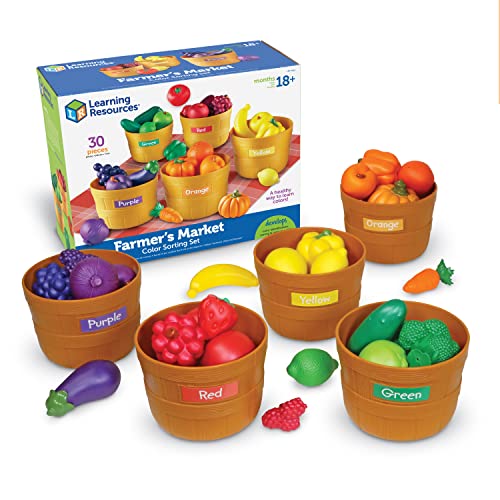Building Strong Parent Relations in Your Childcare Program
This post may contain affiliate links, which means I'll receive a commission if you purchase through my link, at no extra cost to you.As a childcare provider, establishing strong and positive relationships with parents is paramount for the success of your childcare business. Effective communication and understanding between parents and staff can lead to a more harmonious environment and build trust in your abilities to provide exceptional care for their little ones.
However, achieving this delicate balance while still enforcing rules and regulations can be challenging. In this article, we'll explore practical and easy strategies to help you communicate effectively and create great relationships with parents while upholding your policies and maintaining a professional daycare environment.
Before we get started, don't forget to snag my FREE Interview Guide to hire the right staff for your daycare or child care center! Reduce turnover with my 12-page Interview Guide with Questions and Job Position Descriptions designed for child care hiring!
Let’s talk about Effective Parent Communication and Relationship Building Strategies
1. Establish Open Lines of Communication:
Encouraging open communication from the very beginning is essential for creating a trusting relationship with parents. Make it clear that you value their input, feedback, and concerns about their child's well-being. Provide multiples avenues of communication, such as:
Host Regular Parent-Teacher Conferences: Schedule face-to-face meetings with parents to discuss their child's progress, strengths, and areas for improvement. Create a warm and welcoming environment during these meetings to foster honest and open conversations.
Use a Communication App: Utilize a secure and user-friendly childcare management communication app to send updates, photos, and messages to parents throughout the day. This real-time interaction keeps parents engaged and informed about their child's activities, meals, and moods.
Here are 3 childcare management apps that I recommend checking out:
HiMama: https://www.himama.com
Procare: https://www.procaresoftware.com
Playground: https://www.tryplayground.com
Features: Daily activity reports, photos, videos, lesson plans, parent communications, attendance tracking, billing, and more!
If technology is still not your thing, use a paper daily report to communicate each child’s activities, meals, and moods.
Parent Surveys: Periodically conduct anonymous parent surveys to gather feedback on the daycare’s performance, facilities, and overall experience. Use the survey results to address concerns and make improvements where necessary.
2. Be Approachable and Friendly:
Creating a welcoming atmosphere and maintaining a friendly demeanor helps parents feel comfortable approaching you with questions or concerns.
Greet Parents Personally: Welcome parents with a warm smile and a personalized greeting during drop-off and pick-up times. This simple gesture can make a significant impact on their perception of your center or daycare.
Address Concerns Promptly: When parents express concerns, address them promptly and with empathy. Be attentive, validate their feelings, and work together to find appropriate solutions.
3. Be an Active Listener:
Listening actively and attentively to parents' concerns shows that you value their input and care about their child's well-being.
Practice Reflective Listening: Summarize and repeat back what parents have said to ensure you understand their perspective accurately. Empathize with their emotions and concerns.
Ask Open-Ended Questions: Encourage parents to share more by asking open-ended questions that require more than a simple yes or no answer. Show understanding of their unique family dynamics and individual circumstances.
4. Celebrate Achievements:
Recognize and celebrate each child's accomplishments, no matter how small. Sharing these achievements with parents strengthens their trust in your program’s ability to support their child's development.
Create a "Wall of Fame": Display children's artwork, academic achievements, and milestones on a designated wall within the center or daycare. Celebrate these accomplishments during pick-up times, acknowledging each child's growth and effort with empathy.
Acknowledge Progress: Recognize not only significant milestones but also the small steps and improvements each child makes in their development journey. Share these observations with parents, showing your understanding of the significance of each step in their child's growth.
5. Have Consistent Policies and Enforce Them:
Establishing clear and consistent rules and regulations for your child care program and communicating them to all parents from the beginning builds trust by providing a sense of security and transparency. When parents understand the expectations and guidelines in place, they feel assured that their child is in a safe and well-structured environment.
Parent Handbook: Provide parents with a comprehensive Parent Handbook upon enrollment. The handbook should outline all policies, procedures, and expectations to ensure clarity from the start. Explain the reasoning behind each policy and show understanding of parents' desire for a safe and structured environment for their children.
There may be a few instances where you may need to“bend” a policy, but Inconsistency with policies not only demonstrates a lack of reliability but also conveys an impression of being easily swayed. When rules and regulations are not consistently enforced, parents may perceive your program as disorganized and untrustworthy.
6. Provide Reasoning and Explanation When Needed:
When enforcing rules or making decisions, always offer a clear explanation to parents, emphasizing the benefits to their child's well-being.
Focus on Child Development & Safety: Explain how specific policies are aligned with best practices in child development and contribute to a safe and nurturing environment. Let them know that you understand their desire for a developmentally appropriate environment and that every policy is in place for their child’s safety and well-being.
Remind Parents that You are Running a Business: In some instances, especially in a home daycare setting, you will need to remind parents that although you empathize with their feelings, concerns, or situation, you are operating a business and will need to stick to your policies.
7. Encourage Parent Involvement:
Invite parents to participate in activities or share their expertise, creating a sense of ownership and partnership in your preschool, center or daycare.
Parent Volunteer Opportunities: Offer parents the chance to volunteer during special events, field trips, or classroom activities. Their involvement can enrich the learning experience for all children. Show appreciation for their willingness to contribute their time and effort.
8. Handle Conflicts with Sensitivity:
Approach conflicts as opportunities for growth and improvement, seeking common ground and collaborative solutions.
Keep a Positive Mindset: Try not to engage with a parent when you are frustrated or angry. When approaching a parent, make sure you are calm and relaxed. Prepare notes if needed, and think about what you are going to say beforehand. If you are approached by an angry parent and you cannot respond calmly in the moment, listen to their concerns and say that you will get back with them on when you can discuss the matter further. This will give you time to calm down and collect your thoughts.
Actively Listen: Let them be heard and fully express their concerns, feeling, and emotions before you respond.
Lead or Respond with Empathy: Be mindful that there may be personal matters going on that you aren’t aware of. It’s important that they see your heart and know you care about their feelings and concerns.
Work Together to Come Up With a Solution OR if it’s something that goes against your policy and you cannot accommodate their desire, explain the policy and why you have it in place. If they continue, say….
I hear your point of view, I understand what you are saying, and thank you for expressing your concerns or opinion.
9. Show Gratitude:
Express gratitude for parents' trust in your daycare program and acknowledge their support.
Thank-You Notes: Send personalized thank-you notes to parents for their involvement in daycare events or contributions to the daycare community. Show empathy by acknowledging the time and effort they invest in their child's daycare experiences.
Appreciation Events: Organize appreciation events, such as an annual "Parent Appreciation Day," to celebrate and recognize parents' contributions to the daycare's success. During these events, demonstrate your understanding of the value they bring to your program and the integral role they play in their child's growth and development.
Conclusion:
Strong parent relations are vital for the success of any childcare center. By implementing these practical and easy strategies for effective communication and relationship building, you can create a positive, nurturing, and disciplined environment while fostering strong partnerships with parents. Building trust and understanding will not only benefit the children in your care but also enhance the reputation and success of your child care center or daycare in the long run.
Here are some other articles packed with valuable content you are sure to enjoy:
6 Must-Do’s To Effectively Communicate To Staff
How To Avoid Burnout in Childcare
How To Screen Families For Your Daycare
6 Tips To Ace Your Licensing Inspections
30 Daycare Policies You Need in Your Parent Handbook
Important Daycare Forms You Need For Your Childcare Business
How To Deal With Parents Who Consistently Pay Tuition Late!
Download my FREE Family Screening Guide to select the families right for you.
Download this guide to help you carefully accept the right families and avoid the high-maintenance ones. Includes 13 questions and a Family Information Card for easy follow-up.
Grab my FREE Daily Schedules for Infants, Toddlers, & Preschoolers!
Download 3 PDF schedules designed for each age; Infants, Toddler, and Preschoolers. A Canva link is provided to edit the schedules for your program. It’s absolutely free and only takes 5 seconds!
Download my FREE Daycare Starter Guide to start your own childcare business.
If you don’t know where to start, this guide is perfect for you! Click the button to get instant access. It’s super easy and absolutely free!












